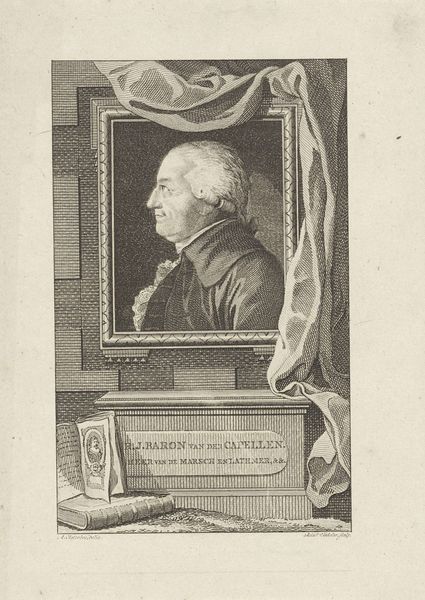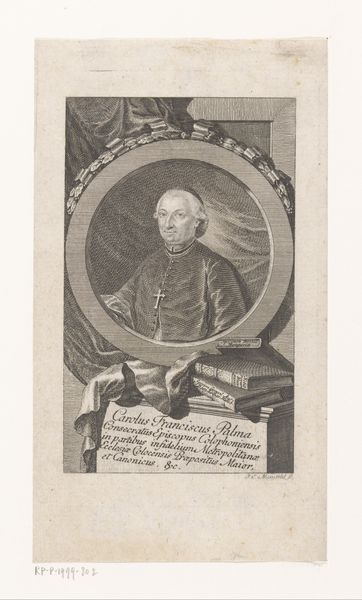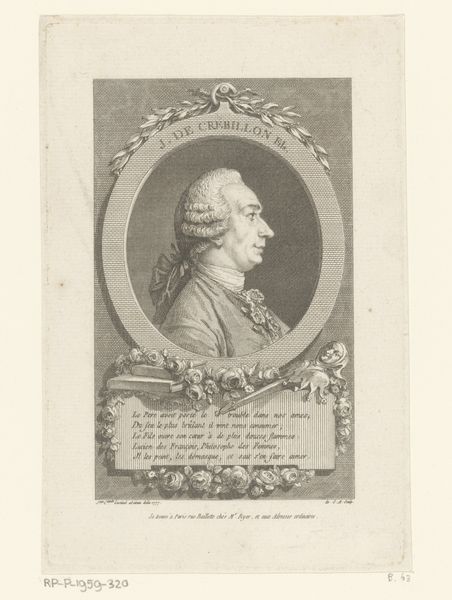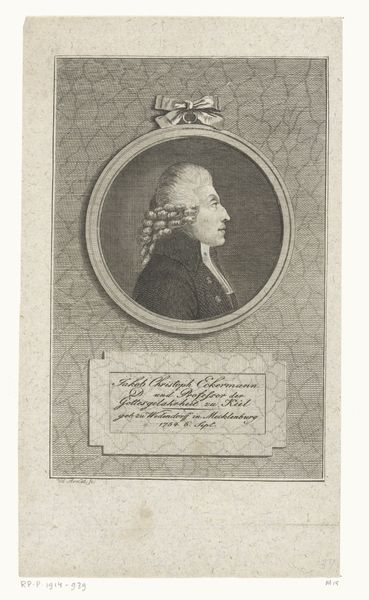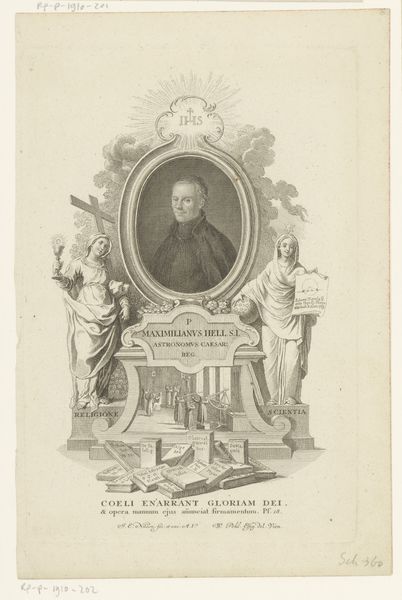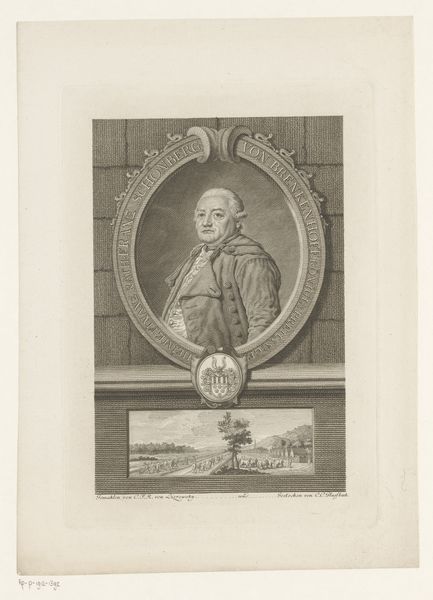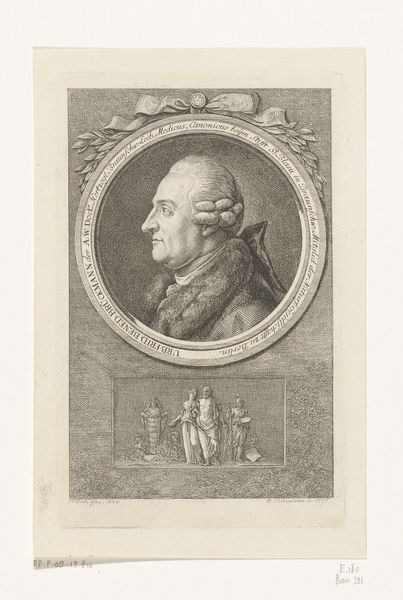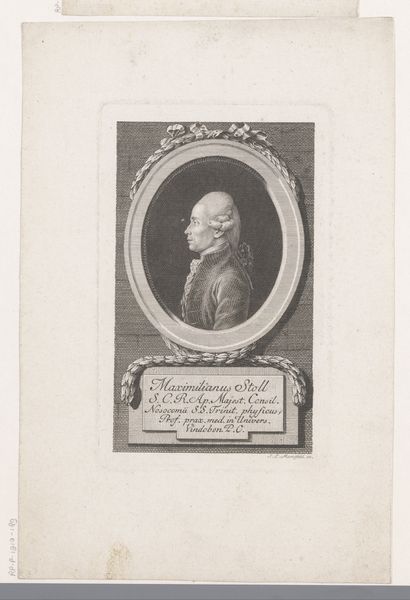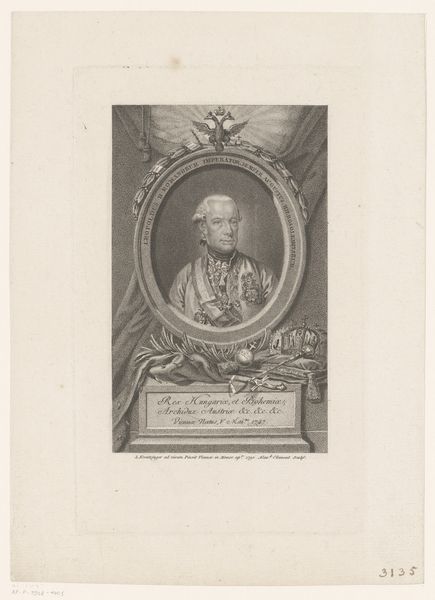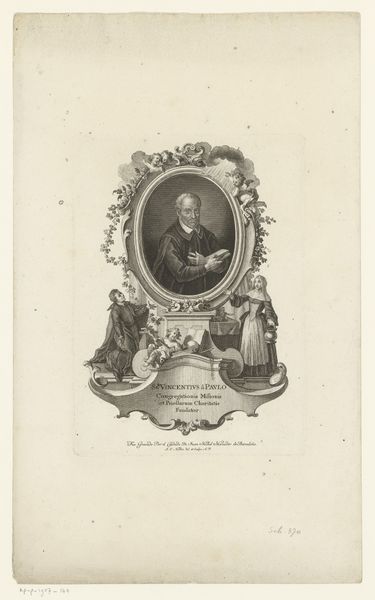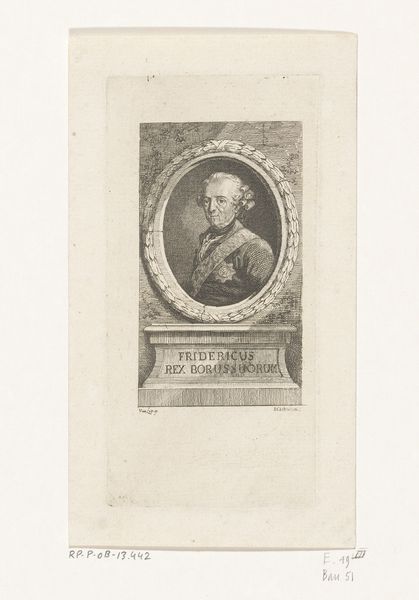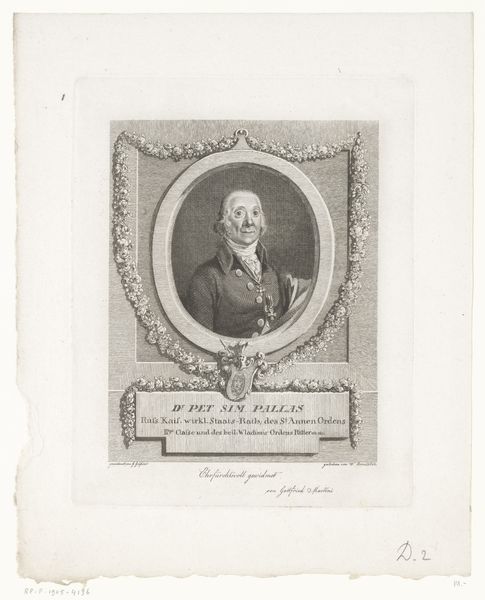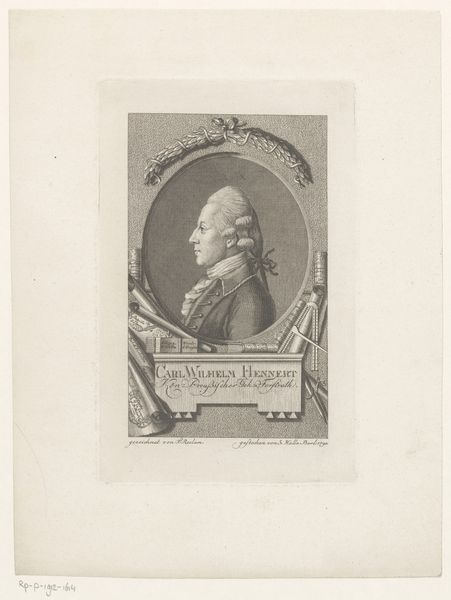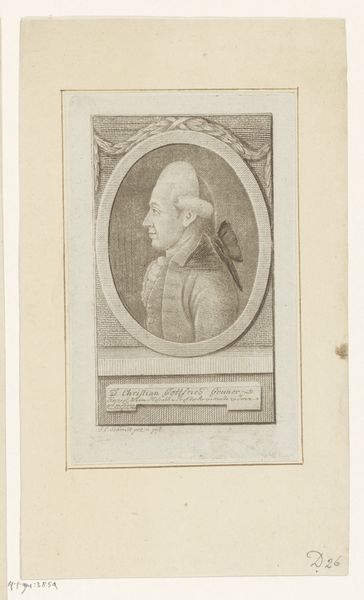
Dimensions: height 200 mm, width 153 mm
Copyright: Rijks Museum: Open Domain
Antonio Zacco created this portrait of Ignazio Paternò Castello, the Prince of Biscari, using etching, a printmaking technique that allows for detailed and precise linework. Consider the historical context: Zacco, born in the mid-18th century, operated within a society structured by rigid class hierarchies. The portrait of Biscari, a member of the aristocracy, reflects these dynamics. It's a formal representation, intended to convey status and authority. How can we read this image through an intersectional lens? While the portrait celebrates the Prince's lineage, it also subtly reinforces the power structures of the time. Biscari’s identity as a wealthy nobleman is intrinsically linked to the economic and social disparities that defined his era. The etching captures a moment, but also speaks to the broader historical narrative of privilege and power.
Comments
No comments
Be the first to comment and join the conversation on the ultimate creative platform.
